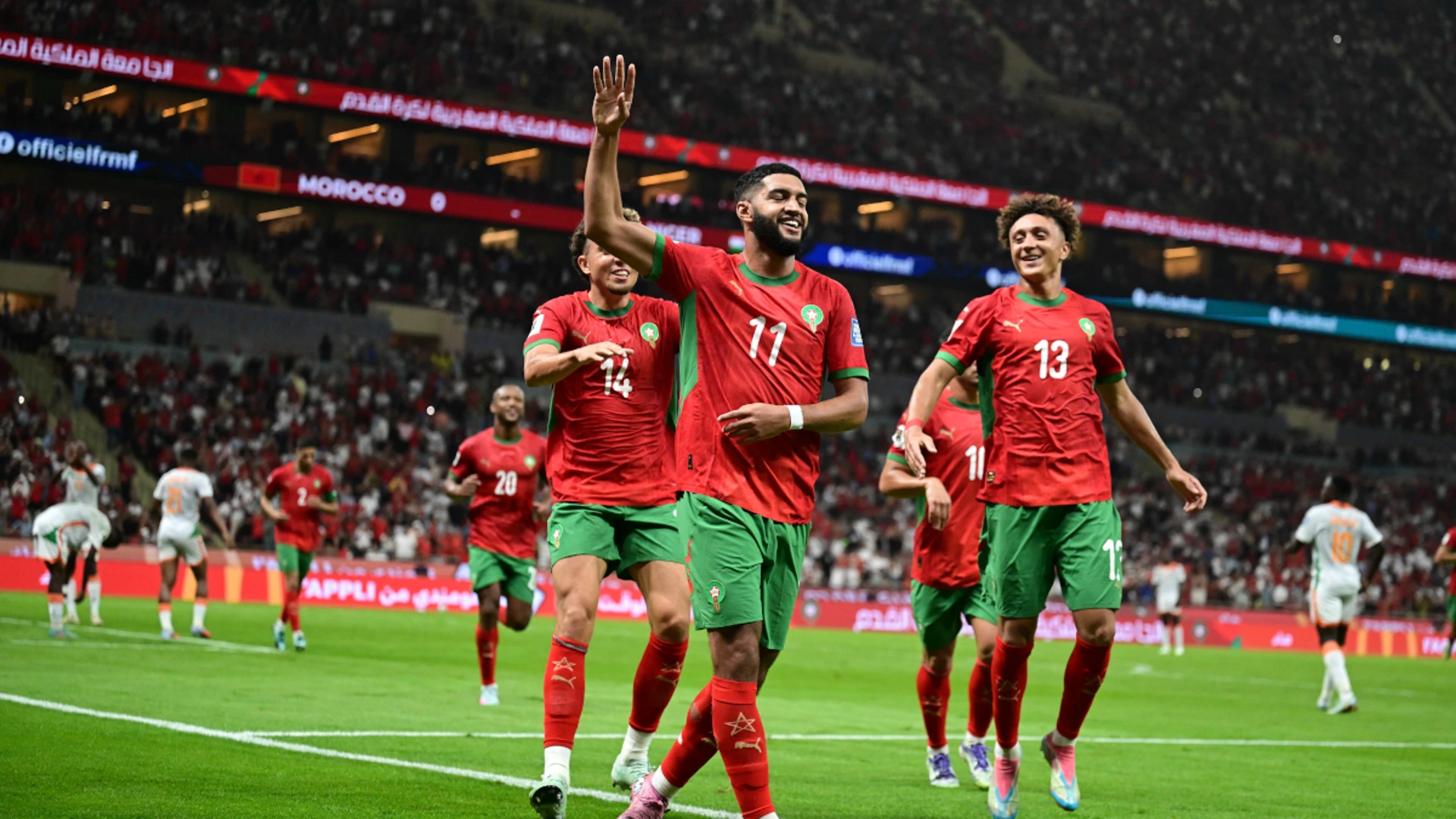Eyeing global stage, Morocco's elite academy nurtures next football generation

Tarik El Khazri travels across Morocco to scout promising players for the Mohammed VI Football Academy – a breeding ground of young talent eyeing the 2030 World Cup co-hosted by the kingdom.
Spread across more than 17 hectares, the academy founded in Sale in 2010 features a dozen pitches, gyms and a swimming pool, as well as classrooms for the young players.
Advertisement
This year, it welcomed some 121 boys aged 12 to 18 from various cities, rural areas and the disputed territory of Western Sahara – seeking to elevate Moroccan football after its Under-20s won the World Cup last month in Chile.
It marked the first time the tournament was won by an Arab country, and just the second triumph by an African nation after Ghana in 2009.
"When a young player joins the academy, everything is taken care of – meals, housing, schoolwork, and medical care," El Khazri, the academy's 42-year-old head of recruitment, told AFP.
Roughly 90 per cent of the incoming players come from low-income families, El Khazri said, adding that the academy receives "funds" from King Mohammed VI himself.
A NATIONWIDE NETWORK
The centre relies on a nationwide network of local scouting cells in search of standout players as young as six, El Khazri explained.
On one outdoor pitch, older teens warm up with a classic rondo drill, where two players in the middle chase the ball as teammates ping it around them sometimes with as little as just one touch.
Across ages, the boys share an ambition: "to make it in football", said French coach Laurent Cauger, 56, who has worked at the academy for seven years.
In Morocco, he added, many come from families facing hardships. "When a player manages to earn a good living from football, it can change an entire family's future."
AFP was not authorised to interview the players.
Being part of the academy can prove cut-throat, and many grapple with doubt, the coach added.
He pointed to the example of Yassir Zabiri, who had barely played in his Under-17 team and worried the academy might cut him out.
But in October, Zabiri was among the team that beat Argentina 2-0 to bring home the Under-20 World Cup. Zabiri finished as the tournament's joint top scorer with five goals.
PATH TO THE FUTURE
Some 26 of the academy's graduates have started in Morocco's top division over the years, with about 30 competing in Europe, said El Khazri, adding at least five who could play at the 2026 World Cup.
One such player was Youssef En-Nesyri, a former Sevilla striker now playing for Turkey's Fenerbahce, whom Herve Renard told AFP he had "the luck" to coach during his spell as coach from 2016 to 2019.
En-Nesyri, who was called up by Renard at the age of 19, played a key role in Morocco's historic 2022 run to the semifinals in Qatar, after scoring the lone goal against Portugal.
But it isn't just football that the academy serves, as the boys still have to attend classes following the national curriculum.
They wake up at 7am, attend class at 8:15am before a morning training session, then return to class after lunch, before more training followed by another study session and dinner.
During major national team games, it can be hard to keep them focused, said Fetiha, the deputy head of the education department. "They're still young," she smiled.
Yet the academy has maintained a 100-per cent high school graduation rate over the past decade, said Abderrazak El Rhomari, who heads the department.
That's crucial, he added, because "football is risky. One injury can end a career. At least with a diploma, they have a path to a better life."
Advertisement

